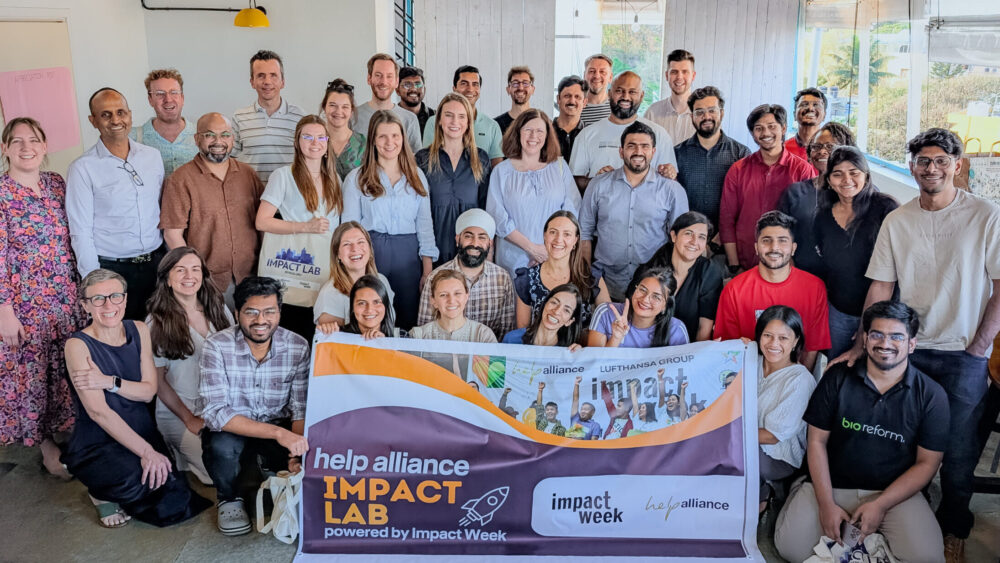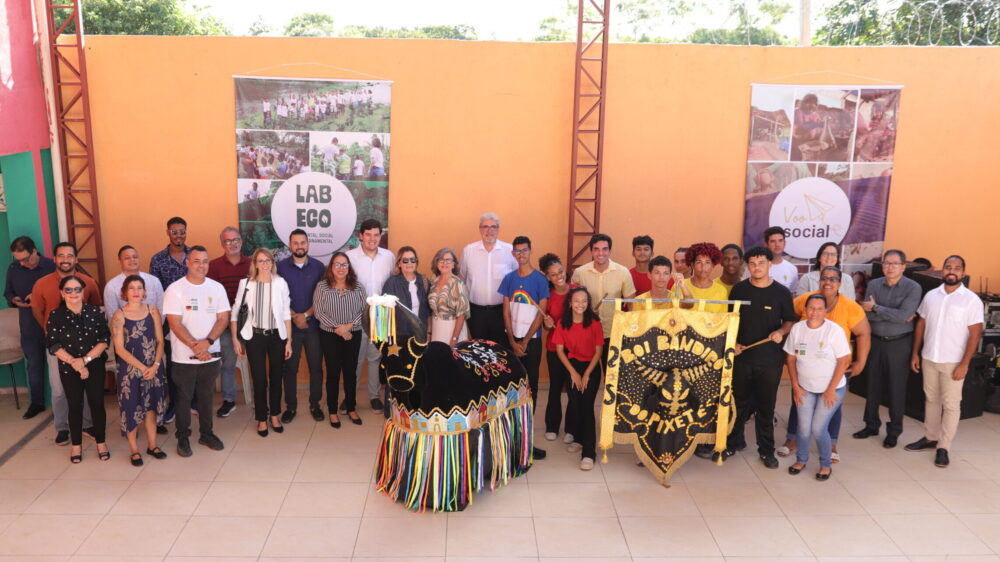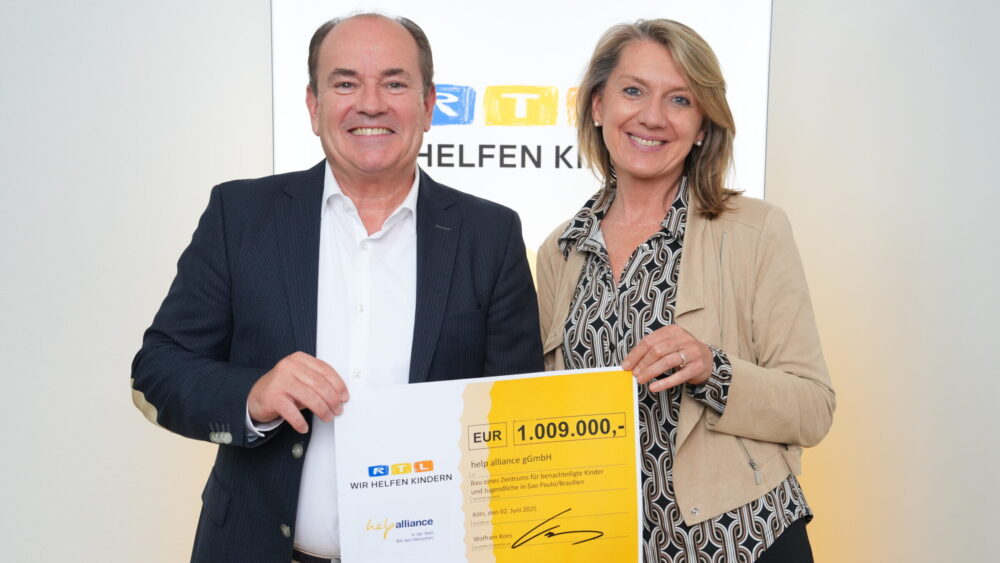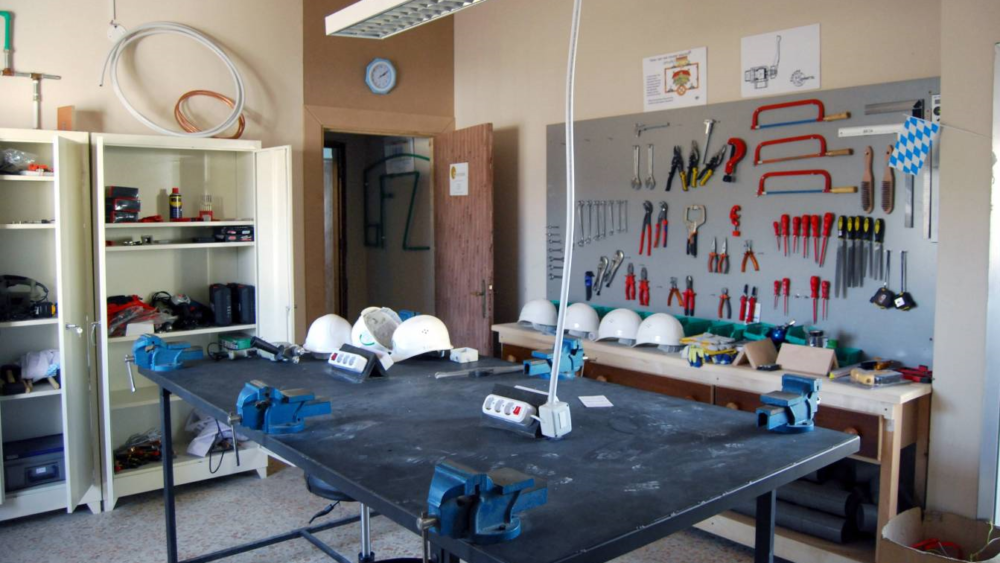
Vocational training for the reconstruction of Syria
LTT trainer Dirk Borchert led an electrician course for Syrian refugees in the help alliance project in Lebanon
It all starts with a call in the weekly newsletter “Newsflash” from Lufthansa Technical Training (LTT). Although Dirk Borchert has been thinking about volunteering in refugee aid for some time, the initial spark was missing until this point. “I didn’t want to donate money, I wanted to get actively involved,” the LTT trainer explains. The following journey takes him back to his craft roots – and to Lebanon.
Borchert is a trained energy electronics engineer. Today he imparts specialist knowledge to prospective or experienced aircraft electronics technicians and mechanics. The Newsflash appeal, which is supported by LTT Managing Director Rubin Siddique, is looking for colleagues who offer craft-oriented advanced courses for Syrian women and men who have fled their homes in the Orienthelper project in Lebanon supported by the help alliance. Borchert is one of four applicants to lead the electrician course. His teaching profession is the deciding factor in his favour.
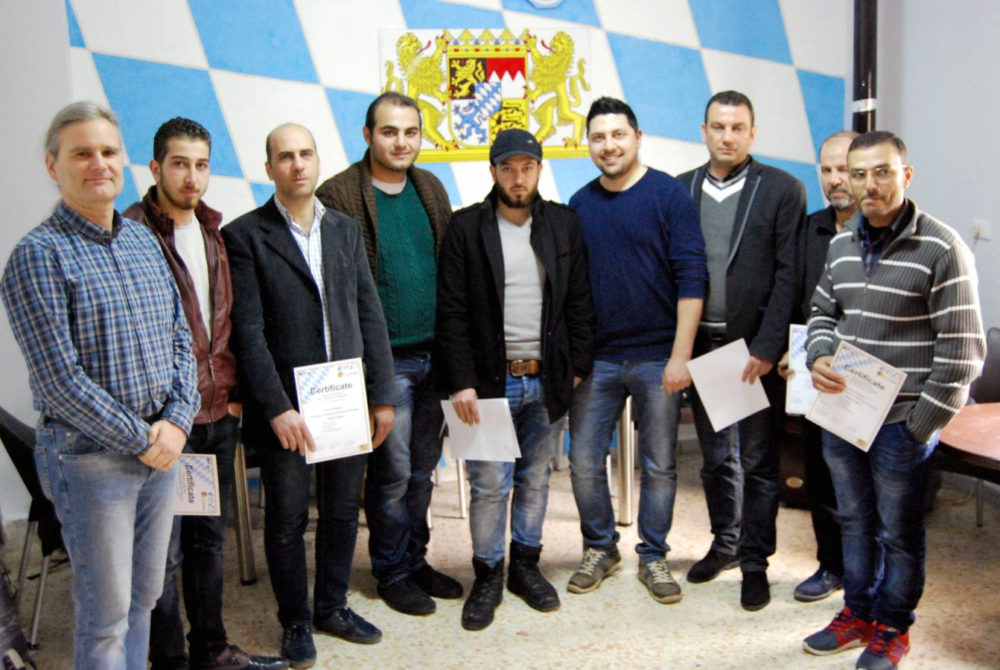
The project Orienthelfer is supported by help alliance since 2016. The association operates a training house for handicraft professions in the Bekaa Valley on the Lebanese border with Syria. The Orienthelfer are not only supported by help alliance but also by the Berufliche Fortbildungszentren der Bayerischen Wirtschaft (bfz). Borchert travelled to Beirut at the end of 2016 and looked at everything on site. “The conditions were fine,” says the Hanseatic citizen. The structure of the course week is also good. It is based on the German dual system, which provides for theory and practical units. The one-week electrician course starts at the end of February 2017.
“The support of my colleagues and superiors was very great,” says Borchert. Both the assumption of the costs for the flight and the release went smoothly. The accommodation was taken over by the Orient helpers. “Of course you have to be available, i.e. there should be no training courses during this time,” Borchert sums up the company’s willingness to provide support.
Borchert is already in Beirut two days before the training week: “Before you start, you have to see how work is done here and what materials are available,” he says. However, he says that one cannot assume German safety standards. “But you can at least try to teach them.” The initial nervousness quickly disappeared. The Syrian refugees he teaches during the week are eager for knowledge, ask many qualified questions and have already completed an intensive basic course. A certain amount of previous knowledge was already required for this basic course.
A week of intensive work in theory and practice will follow. Although none of the participants spoke English, the exchange of ideas worked great. The translator had a lot of work”, smiles Borchert. But after the packed course days there is also time for joint activities in the evening. An opportunity to get to know the men better. Borchert is impressed by the fates, but also by the unbroken will. “Everyone wants to return to Syria as quickly as possible to use their knowledge and skills to help rebuild the country. And of course to be reunited with their families.”
“I had the good feeling that I had really made a difference here,” said Borchert after his return. There were still a few small adjustments to be made, but “I would come back any time.”

